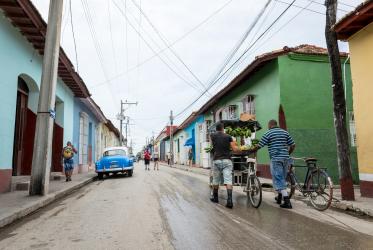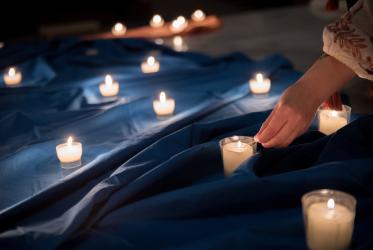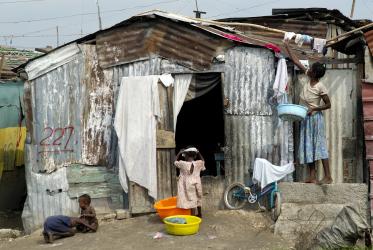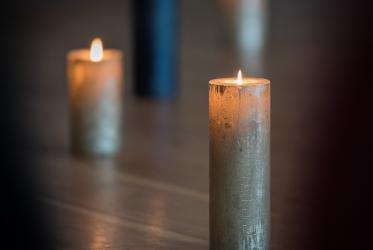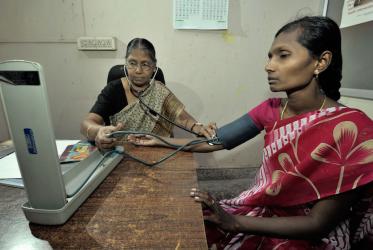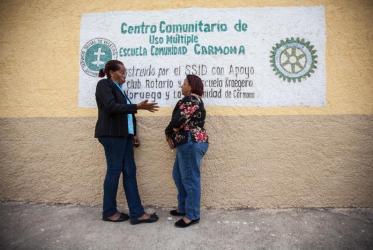Displaying 1 - 19 of 19
11 April 2024
WCC expresses deep concern for human rights in Haiti
28 March 2024
Caribbean churches make clarion call for reconciliation
21 February 2022
WCC prays for Haiti in wake of 7.2-magnitude earthquake
16 August 2021
Young Africans are eager to grapple with challenges
09 January 2020
“Good healthcare a right, not a privilege,” says WCC-EAA
11 October 2017
“It’s time to be brave, to form diverse partnerships”
02 March 2017
“Health and healing for all people, that is the challenge”
28 February 2017
Haitian Methodists celebrate bicentenary
13 February 2017
Church leaders address statelessness in Dominican Republic
03 February 2015


